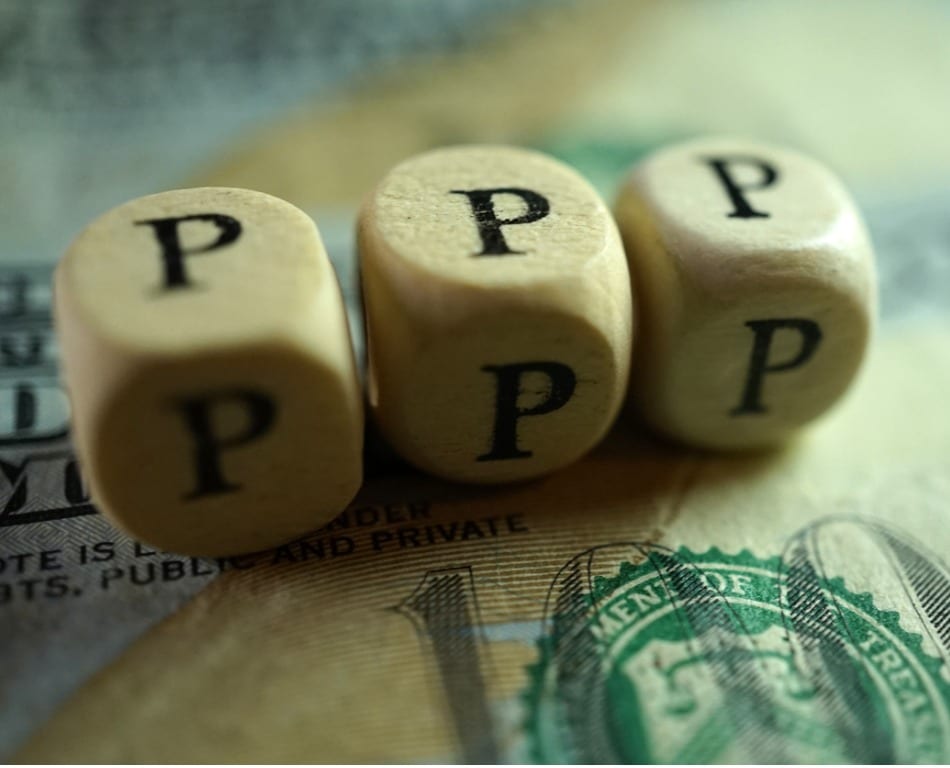On October 25 and 26, the U.S. Department of Justice (DOJ) announced two settlements that stemmed from qui tam, or whistleblower, lawsuits filed under the False Claims Act.
The qui tam provisions of the False Claims Act enable private citizens to file lawsuits on behalf of the government if they know of an individual or company defrauding the government. Qui tam whistleblowers are eligible to receive between 15 and 30% of the government’s recovery, if one occurs.
The Rensselaerville Institute
On October 25, the DOJ announced that The Rensselaerville Institute (TRI) will pay $86,676 to resolve allegations that it received an inflated Paycheck Protection Program (PPP) loan. The PPP was established with the passage of the Coronavirus Aid, Relief and Economic Security (CARES) Act to aid small businesses during the COVID-19 pandemic. Participating lenders processed PPP loan applications and funded approved loans, “which was fully guaranteed by the [Small Business Administration (SBA)].”
In the settlement agreement, TRI acknowledged that “in early April 2020, its now-former Chief Financial Officer (CFO) provided another now-former TRI official with data and calculations showing that TRI’s ‘average monthly payroll,’ when multiplied in accordance with the PPP loan eligibility formula, totaled less than $500,000.” However, one of the officials still went ahead and applied for a $500,000 PPP loan. The DOJ press release states: “Shortly thereafter, the CFO wrote various TRI board members: ‘I have not received a copy of the PPP application. I am hopeful it was not actually submitted’ because ‘it would be better if we don’t have a federal loan application floating out there for more money than we were entitled to.’”
According to the DOJ, an audit and a consulting firm notified TRI that it “had applied for and received a larger loan than it was entitled to, and that it advised the former TRI official to return the excess funds.” But “another TRI official submitted an application for forgiveness of the entirety of the $500,000 loan” in January 2021. “The SBA subsequently determined that TRI had overstated its average monthly payroll and, accordingly, declined to forgive $86,676 of TRI’s loan,” the press release states.
This case stemmed from an August 2021 qui tam whistleblower complaint. For their role in the case, the whistleblower will receive $17,000 of the settlement.
In September, the first settlement of a False Claims Act related to a PPP loan brought by a whistleblower occurred: read about the case on WNN here.
Oswego Hospital
The DOJ announced on October 26 that Oswego Hospital will pay $98,694.36 to settle allegations that it improperly billed Medicare and Medicaid. According to the press release, Oswego Hospital alleged that it “improperly bill[ed] Medicare and Medicaid for outpatient mental healthcare services that were rendered by an unsupervised LMSW” and “improperly bill[ed] Medicaid for outpatient mental healthcare services rendered by another LMSW for which Oswego Hospital could not provide documentation to support those claims.”
A 2019 qui tam complaint filed by a whistleblower in April 2019 spurred this case. For their part in bringing the case, the whistleblower will receive $19,738.87.
The Importance of Qui Tam Whistleblowers
Whistleblowers are critical to uncovering waste, fraud, and abuse in the medical and health care industry: fraudulent schemes can be particularly harmful to patients and erode trust in the medical system. In Fiscal Year 2021, qui tam whistleblowers helped the DOJ recover $1.6 billion in settlements. The DOJ highlighted health care fraud as “the leading source of the department’s False Claims Act settlements and judgments.”
Senator Chuck Grassley (R-IA), who has been consistently championed as the “patron saint” of whistleblowers, proposed amendments to the False Claims Act in 2021 that would strengthen protections for whistleblowers and clarify existing law. The amendment was widely supported by whistleblower organizations and advocates. However, WNN sources discovered that the pharmaceutical lobby intervened with the amendment’s passage. The National Whistleblower Center (NWC) is urging Congress to protect the False Claims Act: learn more here.
